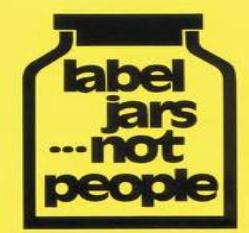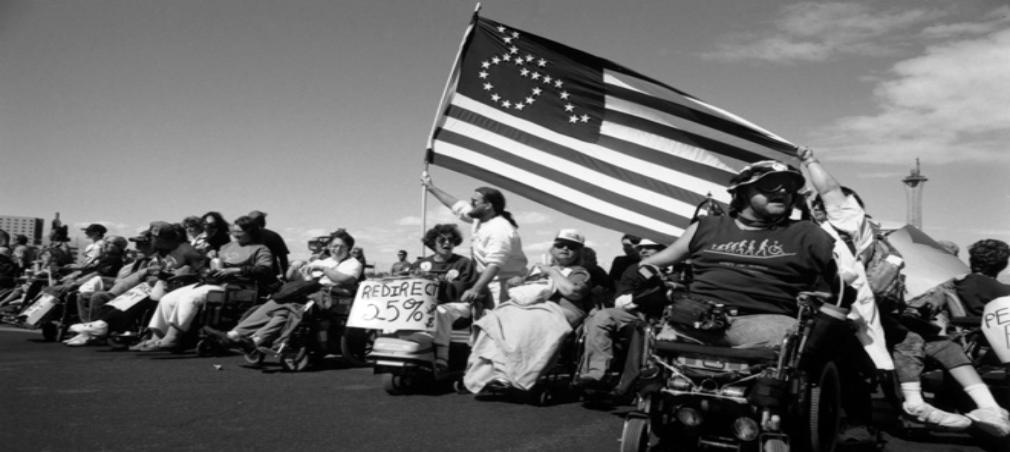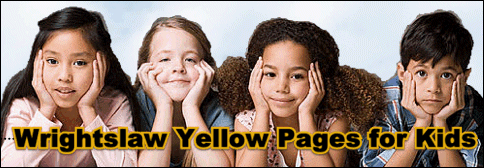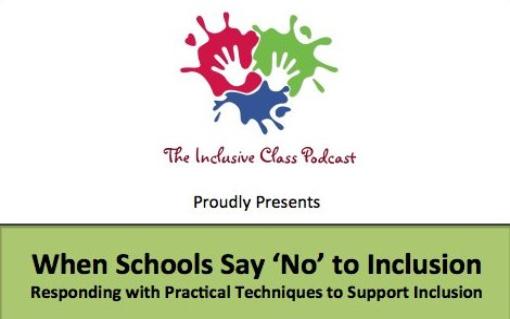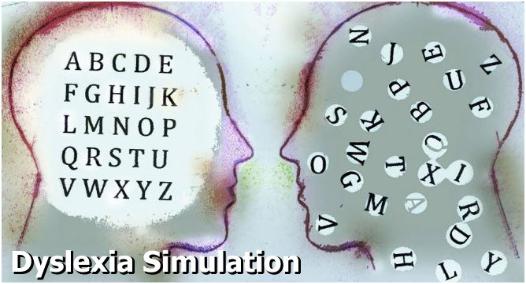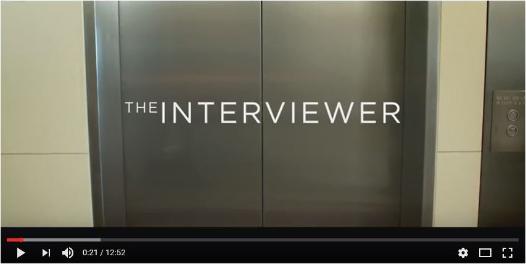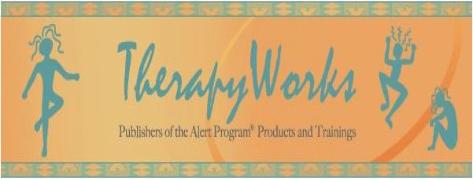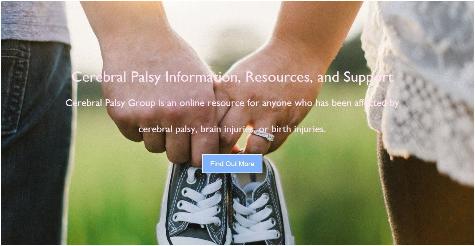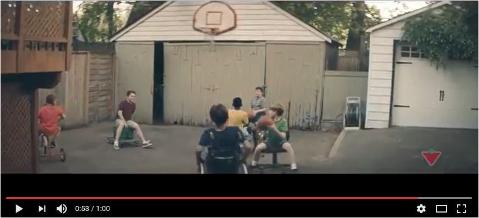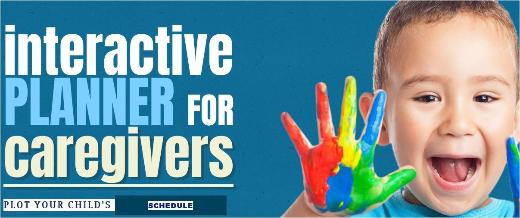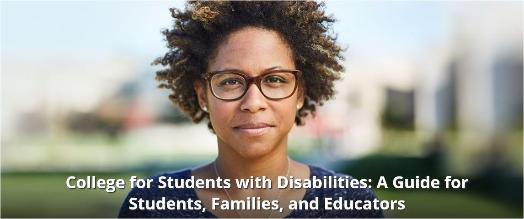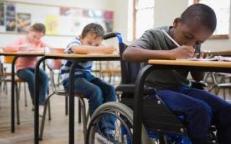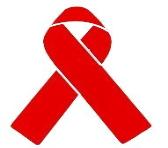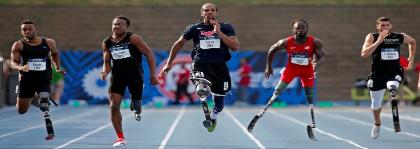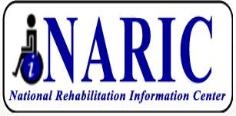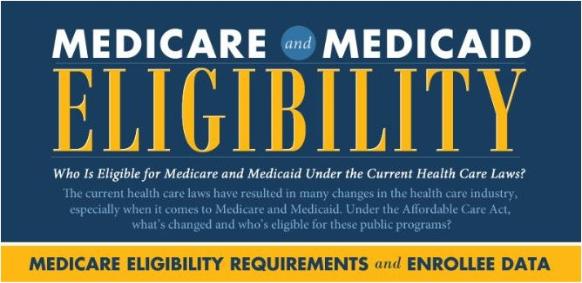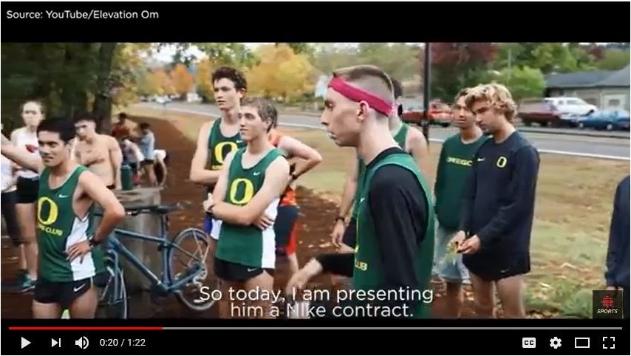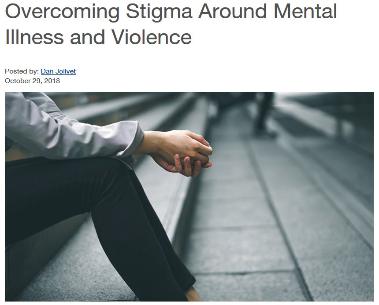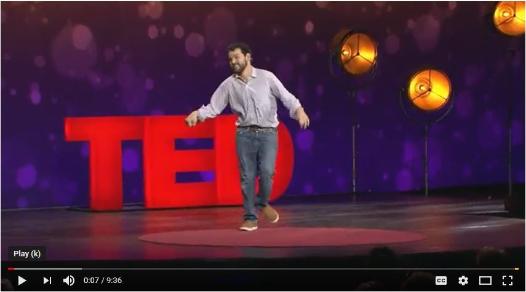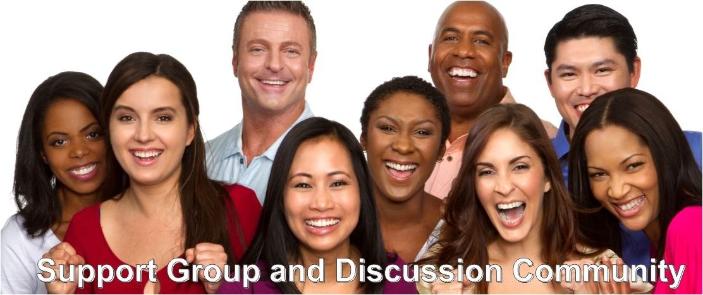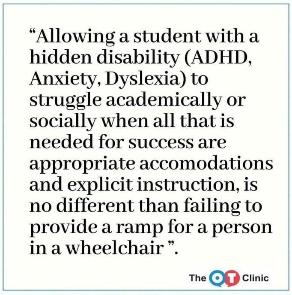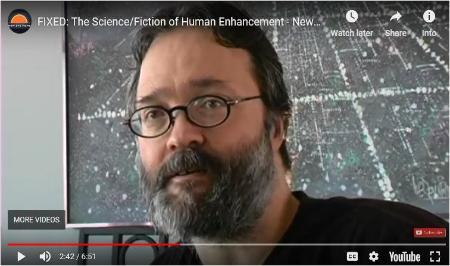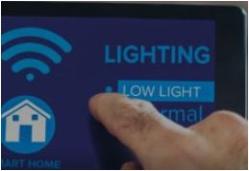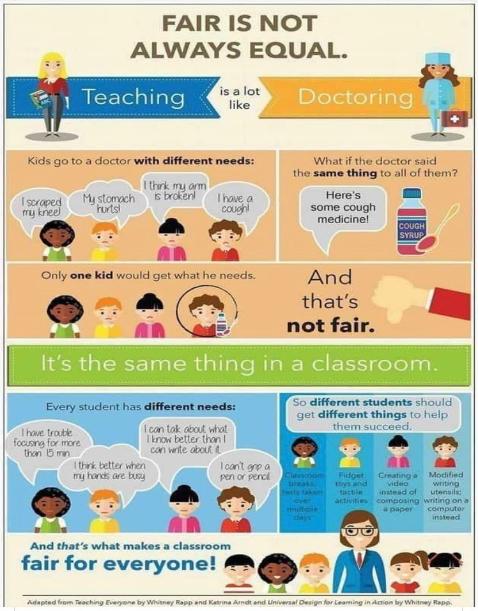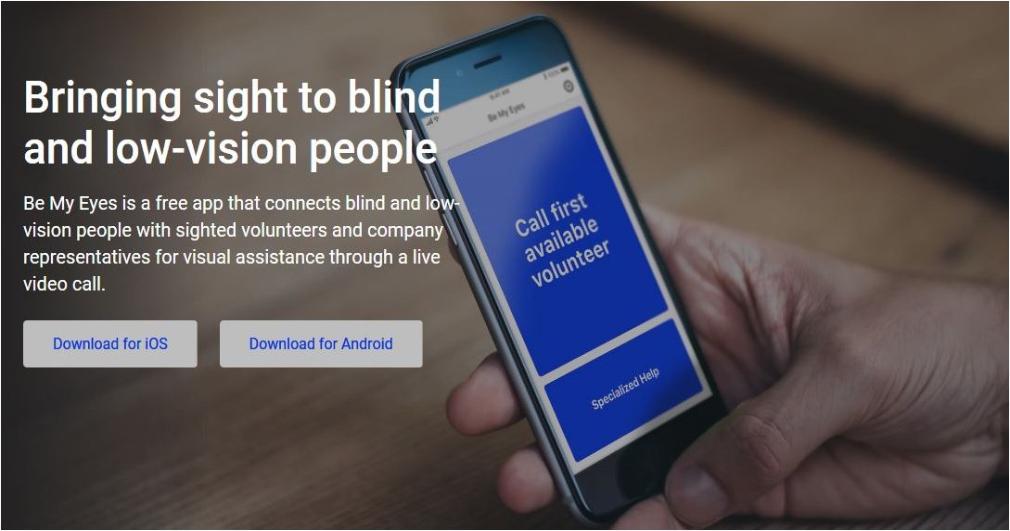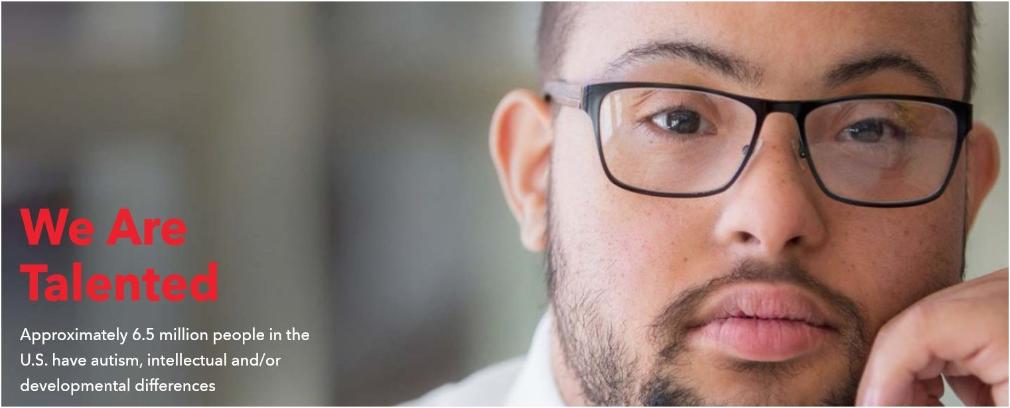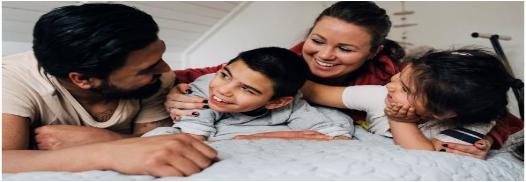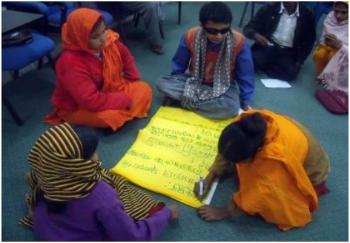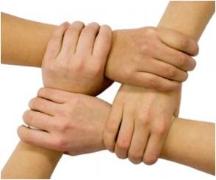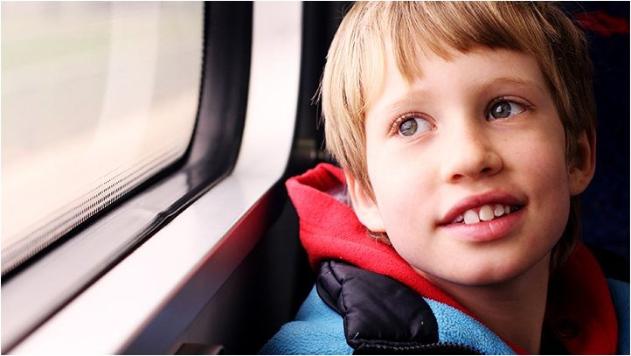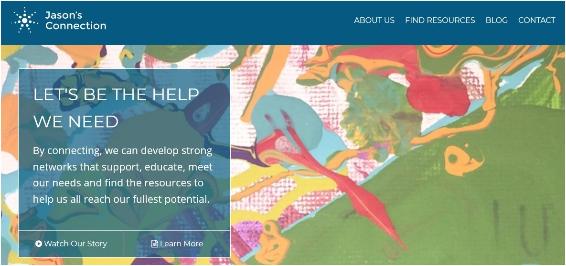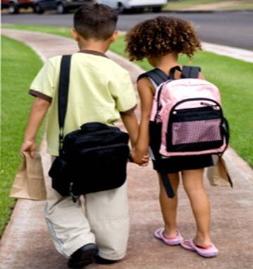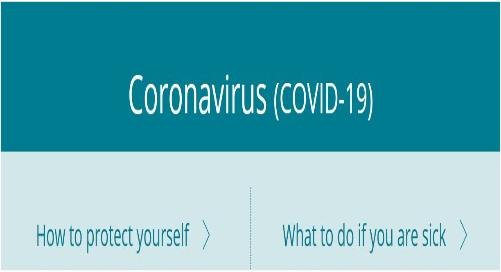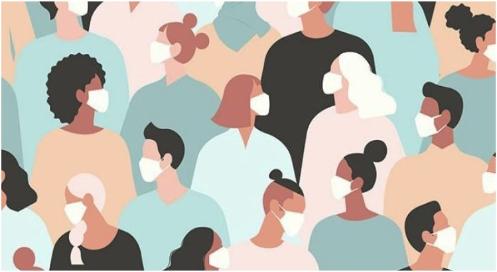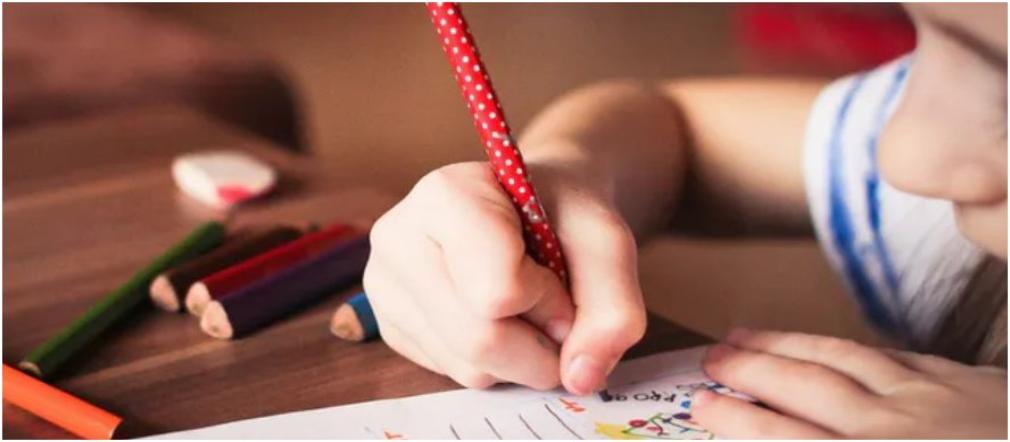
| Functional Behavioral Assessment & Behavior Intervention Plan |
| Emotional and Behavioral Disorders Resources |

| . |
| Circle of Friends |
| Consortium for Citizens with Disabilities |
| Council for Exceptional Children |
| Wrightslaw Special Ed Advocate |
| Individuals with Disabilities Education Improvement Act |
| American Speech-Language Hearing Association |
| American Assn on Intellectual & Developmental Disabilities |
| Special Olympics |
| The Arc |
| National Down Syndrome Congress |
| National Association of Developmental Disabilities Councils |
| LD Online |
| Smithsonian Exhibit: The Disability Rights Movement |
| Best Buddies |
| Institute for Community Inclusion |
| Learning Disabilities Association |
| National Center for Learning Disabilities |
| Disability Rights Education and Defense Fund |
| Inclusive Education Canada |
| National Down Syndrome Society |
| Disabilities |
| SUPPORT SERVICE LINKS |
| Lighthouse Guild |
| Computers for the Blind |
| Wheelchair Net |
| A Celebration of Wheels |
| Anixter Center |
| United Cerebral Palsy Association |
| HIV & AIDS Resources |
| Epilepsy Foundation |
| Children & Adults with Attention Deficit/Hyperactivity Disorder |
| adders.org (ADD/ADHD) |
| Interactive AUTISM Network |
| IRCA |
| Brain Injury Association |
| TBI Rehabilitation and Resources |
| e-Bility |
| Web Accessibility |
| Apple: Accessibility |
| Job Accommodation Network |
| StriveU |
| Office of Disability Employment Policy |
| Aging |
| Independent Living Research Utilization |
| Disability Chat Links |
| Disabilities R-Us |
| Easter Seals |
| Parents Helping Parents |
| Sibling Support Project |
| Parents with Disabilities Online |
| Through the Looking Glass |
| Special Education Resources on the Internet |
| European Agency for Special Needs and Inclusive Education |
| World Institute on Disability |
| Disability Rights Advocates |
| Inclusion Press |
| A Roundtable Discussion with Facilitator Lauri Swann Hunt & Guests Tom Mihail Paula Kluth Torrie Dunlap Lisa Jo Rudy Frances Stetson Kathleen McClaskey Mary Ulrich |
| INFORMATION, RESOURCES, DISABILITY RIGHTS, LEGISLATION, SPECIAL EDUCATION, SUPPORTED INCLUSIVE EDUCATION, ADVOCACY ORGANIZATIONS, EMPLOYMENT, INDEPENDENT LIVING, NEWS, FAMILY SUPPORT, NORMALIZATION, ACCESSIBILITY, DISABILITY NEWS, SUPPORT SERVICES |
| . |


| National Council on Disability |
| International Paralympic Committee |
| Autism Research Institute |
| Autism Society of America |
| Parent Educational Advocacy Training Center |
| Exceptional Parent Magazine |
| Office of Special Education and Rehabilitative Services |


| Welcome to Holland |
| Emily Perl Kingsley (1987) |
I am often asked to describe the experience of raising a child with a disability - to try to help people
who have not shared that unique experience to understand it, to imagine how it would feel. It's like
this ...
When you're going to have a baby, it's like planning a fabulous vacation trip - to Italy. You buy a
bunch of guidebooks and make your wonderful plans. The Coliseum. The Michelangelo David. The
gondolas in Venice. You may learn some handy phrases in Italian. It's all very exciting.
After months of eager anticipation, the day finally arrives. You pack your bags and off you go.
Several hours later, the plane lands. The stewardess comes and says, "Welcome to Holland."
"Holland?!?" you say. "What do you mean, Holland?? I signed up for Italy! I'm supposed to be in
Italy. All my life I've dreamed of going to Italy." But there's been a change in the flight plan. They've
landed in Holland and there you must stay.
The important thing is that they haven't taken you to a horrible, disgusting, filthy place, full of
pestilence, famine, and disease. It's just a different place.
So, you must go out and buy new guidebooks. And you must learn a whole new language. And you
will meet a whole new group of people you would never have met.
It's just a different place. It's slower-paced than Italy, less flashy than Italy. But after you've been
there for a while you catch your breath, you look around, and you begin to notice that Holland has
windmills, Holland has tulips, Holland even has Rembrandts.
But everyone you know is busy coming and going from Italy, and they're all bragging about what a
wonderful time they had there. And for the rest of your life, you will say, "Yes, that's where I was
supposed to go. That's what I had planned."
And the pain of that will never, ever, ever go away, because the loss of that dream is a very significant
loss.
But if you spend your life mourning the fact that you didn't get to Italy, you may never be free to enjoy
the very special, the very lovely things about Holland.
who have not shared that unique experience to understand it, to imagine how it would feel. It's like
this ...
When you're going to have a baby, it's like planning a fabulous vacation trip - to Italy. You buy a
bunch of guidebooks and make your wonderful plans. The Coliseum. The Michelangelo David. The
gondolas in Venice. You may learn some handy phrases in Italian. It's all very exciting.
After months of eager anticipation, the day finally arrives. You pack your bags and off you go.
Several hours later, the plane lands. The stewardess comes and says, "Welcome to Holland."
"Holland?!?" you say. "What do you mean, Holland?? I signed up for Italy! I'm supposed to be in
Italy. All my life I've dreamed of going to Italy." But there's been a change in the flight plan. They've
landed in Holland and there you must stay.
The important thing is that they haven't taken you to a horrible, disgusting, filthy place, full of
pestilence, famine, and disease. It's just a different place.
So, you must go out and buy new guidebooks. And you must learn a whole new language. And you
will meet a whole new group of people you would never have met.
It's just a different place. It's slower-paced than Italy, less flashy than Italy. But after you've been
there for a while you catch your breath, you look around, and you begin to notice that Holland has
windmills, Holland has tulips, Holland even has Rembrandts.
But everyone you know is busy coming and going from Italy, and they're all bragging about what a
wonderful time they had there. And for the rest of your life, you will say, "Yes, that's where I was
supposed to go. That's what I had planned."
And the pain of that will never, ever, ever go away, because the loss of that dream is a very significant
loss.
But if you spend your life mourning the fact that you didn't get to Italy, you may never be free to enjoy
the very special, the very lovely things about Holland.
| DEAF COMMUNITY |
| A STATEMENT ABOUT THE ABSENCE OF INFORMATION AND RESOURCES ON THIS PAGE REGARDING THE |
Most members of the Deaf community and their advocates believe that Deaf people are
culturally different, a linguistic minority - not disabled. For information, resources, and
support services related to the Deaf community, please see "The Deaf Experience" on
our multicultural education website:
culturally different, a linguistic minority - not disabled. For information, resources, and
support services related to the Deaf community, please see "The Deaf Experience" on
our multicultural education website:
| Financial Relief & Discount Guide for Veterans with Disabilities |

| Multicultural Education |
| Inspiring Equity, Inclusion, and Social Justice |
| Creating Learning Communities |
| Teaching Students with Diverse Learning Needs |
| Elementary |
| Secondary |
| TOM MIHAIL, PH.D. |
| . |
"Like anyone else, disabled people are both capable and in
need of some help. Just as with every other human, their
competence and needs are unique. You have to pay
attention to understand them. If you want to be genuinely,
actively 'kind' to disabled people, invite them into your
organizations, businesses and programs. Allow them to
perform in more roles than the grateful recipient of generous
philanthropists. Recruit disabled engineers and dancers and
office administrators and comedians and lawyers and
speakers and teachers to participate in your world, and do
your best to make that world accessible to them. And if you
insist on using 'kindness' to describe this kind of inclusion,
recognize that including disabled people is a kindness for all
of us. Because listening to voices that are typically silenced
brings to the table nuance, endurance, creativity, beauty,
innovation and power."
need of some help. Just as with every other human, their
competence and needs are unique. You have to pay
attention to understand them. If you want to be genuinely,
actively 'kind' to disabled people, invite them into your
organizations, businesses and programs. Allow them to
perform in more roles than the grateful recipient of generous
philanthropists. Recruit disabled engineers and dancers and
office administrators and comedians and lawyers and
speakers and teachers to participate in your world, and do
your best to make that world accessible to them. And if you
insist on using 'kindness' to describe this kind of inclusion,
recognize that including disabled people is a kindness for all
of us. Because listening to voices that are typically silenced
brings to the table nuance, endurance, creativity, beauty,
innovation and power."
| Rebekah Taussig | TIME, Vol.196, Nos. 9-10 | August 31, 2020 |
























































